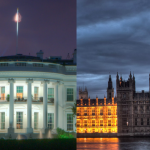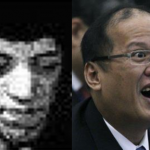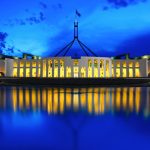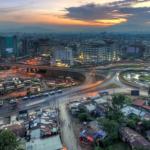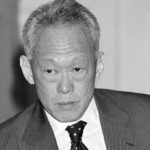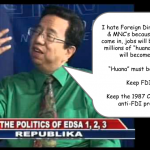
Many of the anti-reform naysayers who do not have an evil vested interest in maintaining the status quo tend to go against procedural systemic reforms such as shifting from the Presidential System to the Parliamentary System and shifting from Unitarism to Federalism because they continue to hold wrong assumptions based on how the current lousy system works.
They make the wrong analysis that “these reforms will not work because of the prevailing way things work under the current system.”
Now where does this come from?
It comes from an array of cognitive issues such as the inability to think multi-dimensionally, to think in terms of the bigger picture, and simple laziness in avoiding to do a comprehensive contextual re-assessment.
What do I mean by a comprehensive contextual reassessment?
Well, the current status quo works within a particular context. It has its limitations, it has a particular algorithm, and the system forces the players & actors within that system to work in a particular way which is a result of how the system’s algorithm forces them to work and act. Many Filipinos who oppose certain systemic reforms do so because they have limited their thinking to how the current system works, and so they just think it’s all about “same dog, different collar.” This is the result of laziness and short-sightedness.
It’s an extremely common Pinoy problem as comprehensive “big-picture-with-drill-down analysis” is not ingrained in the culture. Filipino culture developed in the tropics where there is not much of a need to think long-term and look at the bigger picture because the seasons hardly change. Survival does not require complex analysis. If anything, the wrong diagnosis which leads to the wrong solutions does not lead towards death and annihilation. It merely leads towards mere inconvenience. If your crops fail, you can always fish or go back go just picking fruit off some random tree you find — there will always be certain fruits in season. If not bananas now, there’s always guava, or soursop, or avocado or whatever.
I have come across this issue numerous times when supposedly intelligent and articulate fellow Filipinos try to debate with me on these reform-based topics. This is most common on the topic of the Parliamentary System.
When discussing the Parliamentary System, for instance, many such fellow Filipinos will say “But how can shifting to the Parliamentary System be an improvement if we will still end up with the same politicians?” Another variation of this is the statement that “Just look at the quality of the Congressmen that we have right now and you think it’s a good idea to give them the ability to control the executive branch as well?”
(Francis Pangilinan & Neri Colmenares are just two examples of politicians who are stuck in such a wrong way of thinking.)
Ok, so let’s dissect what’s wrong here…
Both statements make assumptions based on the context of how the current system works in such a lousy way and have not considered that the context will change drastically once the new system is adopted.
The Filipinos who raise these topics have made one major mistake: They failed to do a comprehensive contextual re-assessment.
Let’s look at how the current lousy status quo Philippine Presidential System works at the Congressional Level:
The Legislature is kept totally separate from the Executive branch, and therefore members of the Legislature – Congressmen (lower house) and Senators (upper house) – stick purely to creating laws and legislative resolutions and do not have any executive functions.
They concern themselves purely with coming up with laws.
They are often measured – if ever – on how many bills they author and how many bills they are able to pass into law. Their purview is purely in churning out pages of text, never mind that these acts or resolutions are meant to solve any real world problems.
Very often, just to be able to come up with something, they debate about trivial and useless issues such as changing the names of certain streets and thoroughfares or deliberating on trivial issues like designating the national bird. (just an example of how idiotic it can get)
On top of that, because of the separation of the executive and legislative branches, there is that constant looming threat of Gridlock. Luckily, the late “Tita Cory” had a team of advisers who told her to come up with a work-around: The mega-Pork Barrel Fund which during her time was called the “Countrywide Development Fund”, later renamed under Erap Estrada to the “Priority Development Assistance Fund.” This fund was used as a “redistributive incentive scheme” that would be disbursed to politicians who pledged support for the current President, and these politicians would in turn use the funds to pay for projects in their constituencies. In the end, these turned into nothing but largesse passed on by the executive branch to buy Congressional (legislative) support which legislators would then use to buy the support of their own constituents (and for some — to earn kickbacks from project expenses).
In any case, the Mega-Pork Barrel scheme prevented Gridlock (a common feature of Presidential Systems around the world) from happening simply through what is essentially a legalized form of bribery: buying the legislature’s support so that the executive can get its own agenda passed in exchange for huge wads of cash.
So… It became lucrative to join politics as a legislator — either as a Congressional Representative at the lower house or as a Senator at the upper house. You didn’t really need to do much other than churn out text and pretend to debate about them and as long as you showed the current president that you somehow supported him/her, you were assured of receiving your Mega-Pork Barrel allotment.
But under a Parliamentary System, things work very differently!
Under a Parliamentary System, a Member of Parliament is not just a “lawmaker.” In fact, this designation is primarily a US-Filipino newspaper term. You very rarely see this term used in countries that use parliamentary systems. Because a Member of Parliament is a full representative of his/her constituency on practically everything related to the well-being of the people within a constituency. If there’s a garbage problem, a rat infestation problem, a drought, whatever, this is a concern that gets raised by the people in the constituency to the Member of Parliament and the Member of Parliament must raise his/her constituency’s concerns to the open parliament.
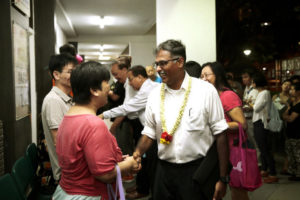
Bukit Batok SMC MP Murali Pillai (PAP) greeting residents and well-wishers at his first Meet-the-People Session last 9 May 2016 (Singapore)
Why? Because the context is different. Unlike in a Presidential System where Congressmen and Senators only concern themselves with coming up with “legislation”, Members of Parliament are primarily expected to act as problem-solvers whom their constituents go to when they need something fixed. Members of Parliament then raise this up to the Government’s Cabinet because the Government’s Cabinet is composed of fellow Members of Parliament who happen to also double as Ministers.
Unlike in a Presidential System where there is a “Firewall” separating the legislative and executive functions such that Congressional representatives can’t really do much about stuff like rat infestations and the like, the Members of Parliament are expected to talk about these executive matters that the Government Cabinet – which is answerable to Parliament – can do something about. In essence, Members of Parliament in a Parliamentary System are very different “animals” from Congressmen/Senators in a Presidential System, because Members of Parliament in a Parliamentary System have both executive and legislative responsibilities, duties, etc. Their workload is much, much heavier than the purely legislative (and often trivial) functions that Congressmen/Senators in a Presidential System have. Worse, because Parliamentary Systems do not have Executive-Legislative gridlock, then there is no need for a mega-pork barrel fund because there is no need to buy the support of the legislature as by definition, the majority bloc in Parliament is the one that gets to form the government!
So… The context is entirely different.
With a workload that is much, much heavier than that of Congressmen in a Presidential System and no pork barrel to boot, can we really expect the same “clowns” in the current Congress to emerge were a new Parliamentary System set up in the Philippines? Of course not!
Ok, there will be some, yes. But a lot of the buffoons won’t be able to hack it. In time, all the lousy incompetents from the old system will drop like flies and get replaced by better quality people.
And did I mention that Parliamentary Systems entail a lot of debate on active executive policies and decisions?
That means that the quality of debate in a Parliamentary System is not the trivial sort that often deals with renaming streets or re-designating the “national bird” that happens in the current Philippine Presidential System. Every important executive decision will require deliberation.
And because of such debates, weak-minded fools will fold. Only the intelligent will survive and stay on. Parliament within a Parliamentary System is not the place for idiots, but is only for serious debaters who really know their stuff.
Which is why only the best and most competent/intelligent members of parliament can emerge at the top of their own parties. Because they will need to lead the debates. This is why Prime Ministers are usually exceptional debaters: they need to know their stuff because they will be the ones who will defend their parties’ decisions and policies when the opposition attacks them during debates.
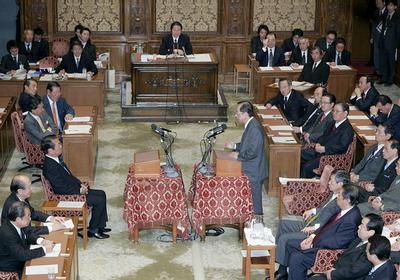
Question time in 2008 at the Japanese Diet
And every week, the Prime Minister – the highest ranking executive decision-maker in the country – is grilled by the entire assembly, led by the Leader of the Opposition. Truly, a buffoon would not last a Question Period in a Parliamentary System.
And it’s not just the Prime Minister who gets grilled. All ministers get grilled. And each minister gets grilled by their corresponding Shadow Minister from the Opposition who are mandated to “follow-them-around” (to shadow them) at all their ministerial meetings. The Minister for Education who leads meetings at the Ministry of Education will be watched over by the Opposition’s “shadow minister for education” who is legally permitted to have full view of everything that the Minister for Education does, from quotations for textbooks, to actual purchase orders and receipts, and all other documentation relating to curriculum and other expenses and anything else relating to procurement.
In a parliamentary system, the Prime Minister can be thrown out by his/her own party if they find him/her to be incapable of leading the party and delivering results. The Prime Minister can also be thrown out and replaced by his/her own party if that Prime Minister decides to make decisions that are totally incompatible with their party’s platform without properly consulting the party’s members. There is no such equivalent in the Presidential System,
Whereas in the Presidential System, impeachment is premised on finding proof that the President “did something wrong”, in a parliamentary system, a Prime Minister who simply gives the impression that he is incompetent and incapable can lose the confidence of the entire assembly or even simply his own party. A Prime Minister need not have committed an offense or a mistake. Simply being deemed incompetent or not achieving goals that were promised is enough to get a Prime Minister deposed.
Think about it in employment terms… There are two kinds of countries: One where it is difficult to fire employees and the employer must prove that the employee has committed an offense before the employee is dismissed. The other one is where it is easy to fire employees, where merely being a slacker or being unable to meet certain targets can mean dismissal… Which of the two ends up with better quality employees?
(Obviously, it’s the one where the employees are on their toes, always needing to constantly prove that they are competent and doing their job, versus those where employees can slack off because they know that as long as they didn’t commit any offense, they can’t get sacked.)
Clearly, the Parliamentary System’s “algorithm” means that the quality of the players who emerge on top tends to be much better than the quality produced in many Presidential Systems. Not only that, with the kind of workload that Members of Parliament have, buffoons will drop out and not join in the next elections.
Different Systems have Different Requirements and Qualifications
Just in case it helps to better understand how different systems have different requirements and qualifications that force the selection of a different type of people from the ones who currently serve in the current system, consider this:
Do you automatically assume that when a profitable bus company decides to branch out into the airline industry, the pilots flying the company’s new jumbo jets will automatically come from the same pool of bus drivers currently employed by that company?
Of course not!

Can one properly assume that the qualifications for Bus Drivers & Jumbo Jet Pilot are the same?
That company may symbolically open up recruitment of pilots from among the pool of current bus drivers, but those bus drivers who express interest will still have to pass the extremely stringent standards required for anyone to become eligible for training to become a pilot. That’s not about becoming a pilot, that’s just about qualifying to undergo pilot training which is extremely difficult already.
Most will not make it, and if any actually do, they’d likely be very few of them because becoming the pilot of a jumbo jet requires what is essentially similar to an engineering degree.
What’s most likely going to happen is that the bus company that sets up a new airline will recruit from among people who are already pilots working in other airlines, and not from among their existing staff of bus drivers.
In a similar way, the Parliamentary System is different from the Presidential System. Because the Parliamentary System has more challenging requirements and a heavier workload for Members of Parliament which are very different from the relatively less stringent and less challenging requirements for Congressmen within a Presidential System, it’s obvious why the kinds of people who end up becoming Members of Parliament in a Parliamentary System tend to be of a much higher quality than the people who become Congressmen within a Presidential System.
Do not assume that we will end up with the same types of people as the ones we have as Congressmen after we shift to the Parliamentary System.
After a two electoral cycles, many of the substandard politicians will end up getting filtered out.
New context — Different results:
The bottomline I am trying to underscore here is that because Parliamentary Systems work very differently from how Presidential Systems do, they also produce a different quality of politicians. Whereas in the current Presidential System, you can have boxers who become Congressmen who do not need to show up for sessions (because the sessions are mostly trivial — renaming streets and naming the national ant/dog/bird/turtle), this is unacceptable in a parliamentary system.
So from this, it is clear that the statement “But how can a parliamentary system be an improvement if we will end up with the same politicians” is totally wrong.
The whole idea that it will just be “same dog, different collar” is absolutely and irredeemably wrong.
The kinds of politicians that the Parliamentary System will produce will be different and MUCH BETTER than the kinds of politicians that our current Presidential System produce. If anything, shifting to the Parliamentary System will force the current politicians to have to act differently and thus radically alter their behavior and those who simply cannot hack it will drop out. “Matira ang matibay.” (Only the strong will survive!)
So there you have it, I have proven that the typical Pinoy idea that shifting to a different system will produce similar results to what we are seeing under the current lousy system is wrong.
The same holds for Federalism
As mentioned, Federalism is the other reform that tends to get demonized by many fellow Filipinos who have been a little too lazy to do a full multi-dimensional and comprehensive contextual re-assessment.
Federalism means that the regions will no longer send most of their taxes over to the national government (known in a federal paradigm as the “Federal Government”), and as such, the Federal Government will actually no longer have the funds that they can “redistribute” over to the politicians and leaders of regions that underperform economically.
Federalism will force regions to “fend for themselves” economically, and it will compel the leaders to have to generate tax revenue by attracting lots and lots of investors and businesses into their areas in order to create jobs. These investors and businesses will pay corporate taxes to the regional governments, while the employees of those businesses will pay income taxes.
The more investments the leaders are able to invite to their regions, the better — more corporate taxes. The more jobs those businesses generate, the better — more people paying income taxes.
In short, this model forces development and prevents lousy leaders from slacking. (How much more if at the regional level, the form of government was Parliamentary?!?!?)
Once again, I have shown that there is a difference in how the Federalist model of territorial administration works when compared to the lousy status quo which is that of the Centralized-Unitary system that we currently have.
Comprehensive contextual re-assessment is important
I cannot stress more just how important it is for Filipinos to make it a habit to always do this exercise of “comprehensive contextual re-assessment.”
Let’s take the example of shifting from driving from Manila to Davao by car versus flying a plane from Manila to Davao…
You cannot assume that the context remains the same and that the only thing you are doing is shifting from car to plane. Wrong.
When you drive a car, you follow a road. And a road is at surface level. It has to follow the contours of the terrain, avoid certain land features like mountains/hills, or navigate through them in a certain way.
Driving a car from Manila to Davao entails going via Quezon, the Bicol Region, going to the tip of the Bicol Region to take a RORO ferry to Samar, go through Samar to the south and cross the San Juanico Bridge to Leyte, and then Go South to Southern Leyte to take another RORO that gets you across to Surigao… And from there, you can then take the highway that goes all the way to Davao…
When you fly a plane from Manila to Davao, you do not follow the same road-route from Manila to Davao!!!!!
(Ok, you can try, but it is stupid to do so!)
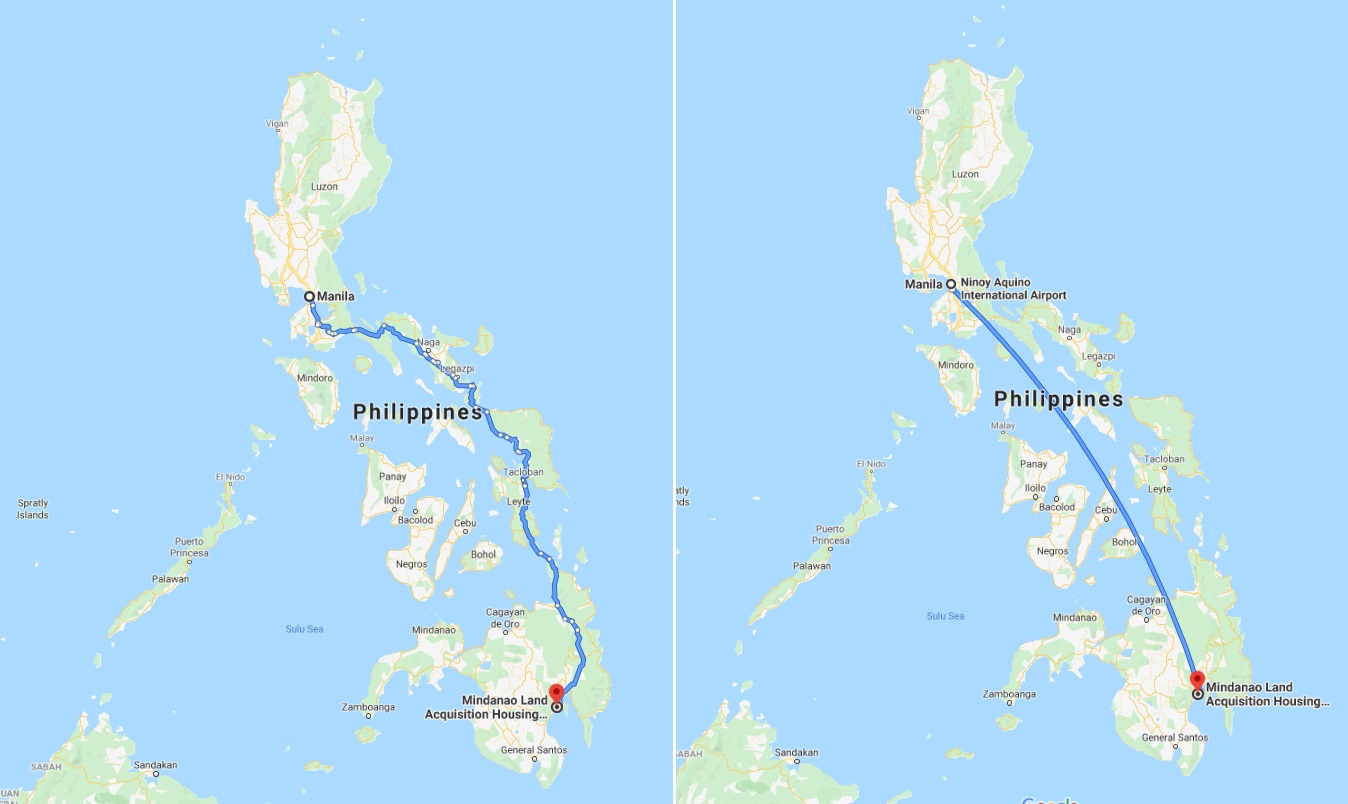
Manila to Davao by car versus Manila to Davao by plane
Why? Because you are now in a different context. You are not driving through a road-system. You are up in the sky flying over the land and are above the mountains and the sea.
You are no longer constrained by terrain features and you no longer need to follow the road. You have the ability to fly through a straight or at least near-straight path from Manila to Davao because you no longer need to deal with the obstacles and barriers that car drivers need to deal with.
See why there is a different context when flying a plane from Manila to Davao when compared against driving a car from Manila to Davao?
It’s not just that you will be much faster. You will be up in the sky and unconstrained by the sea and the mountains.
So I hope I have explained it well enough for most English-speaking Filipinos to understand.
The contexts of new systems resulting from major reforms tend to be different. One of the biggest stumbling blocks of Filipinos as to why we have been unable to adopt a lot of necessary reforms (which are already long overdue) is precisely because of this inability for many Filipinos to do a full multi-dimensional and comprehensive contextual re-assessment of how things will work in the new system.
Next time you find yourself thinking about the shift from the current presidential system to the parliamentary system or the shift from the current unitary model of territorial administration towards Federalism, think again about the difference between driving a car from Manila to Davao versus flying a plane from Manila to Davao.
The contexts and constraints are different.
I hope this “rant” has been helpful.
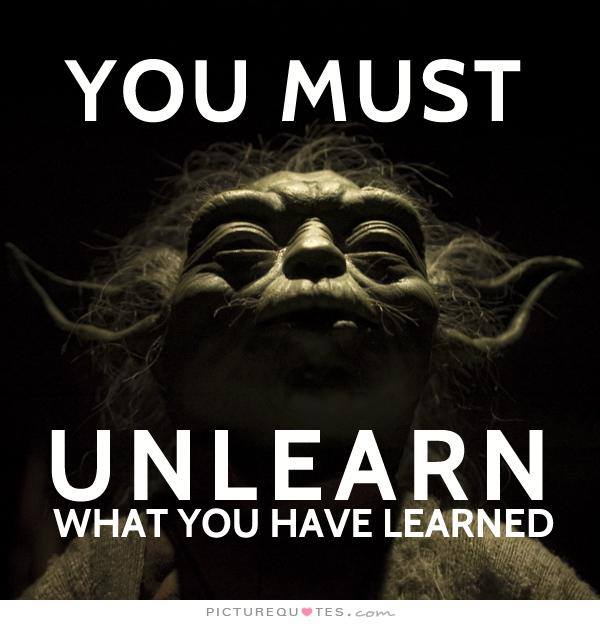
* * *
About the Author

Orion Pérez Dumdum comes from an IT background and analyzes systems the way they should be: logically and objectively.
Being an Overseas Filipino Worker himself, he has seen firsthand how the dearth of investment – both local and foreign – is the cause of the high unemployment and underemployment that exists in the Philippines as well as the low salaries earned by people who do have jobs.Being Cebuano (half-Cebuano, half-Tagalog), and having lived in Cebu, he is a staunch supporter of Federalism.
Having lived in progressive countries which use parliamentary systems, Orion has seen first hand the difference in the quality of discussions and debates of both systems, finding that while discussions in the Philippines are mostly filled with polemical sophistry often focused on trivial and petty concerns, discussions and debates in the Parliamentary-based countries he’s lived in have often focused on the most practical and most important points.
Orion first achieved fame as one of the most remembered and most impressive among the winners of the popular RPN-9 Quiz Show “Battle of the Brains”, and got a piece he wrote – “The Parable of the Mountain Bike” – featured in Bob Ong’s first bestselling compilation of essays “Bakit Baligtad Magbasa ng Libro ang mga Pilipino?” He is also a semi-professional Stand-up Comedian who won first place in the 2014 Magners Singapore International Comedy Festival Best New Act Competition and is the January 2016 Comedy Central Comedian of the Month. He is the principal co-founder of the CoRRECT™ Movement to spearhead the campaign to inform the Filipino Public about the urgent need for Constitutional Reform & Rectification for Economic Competitiveness & Transformation.




















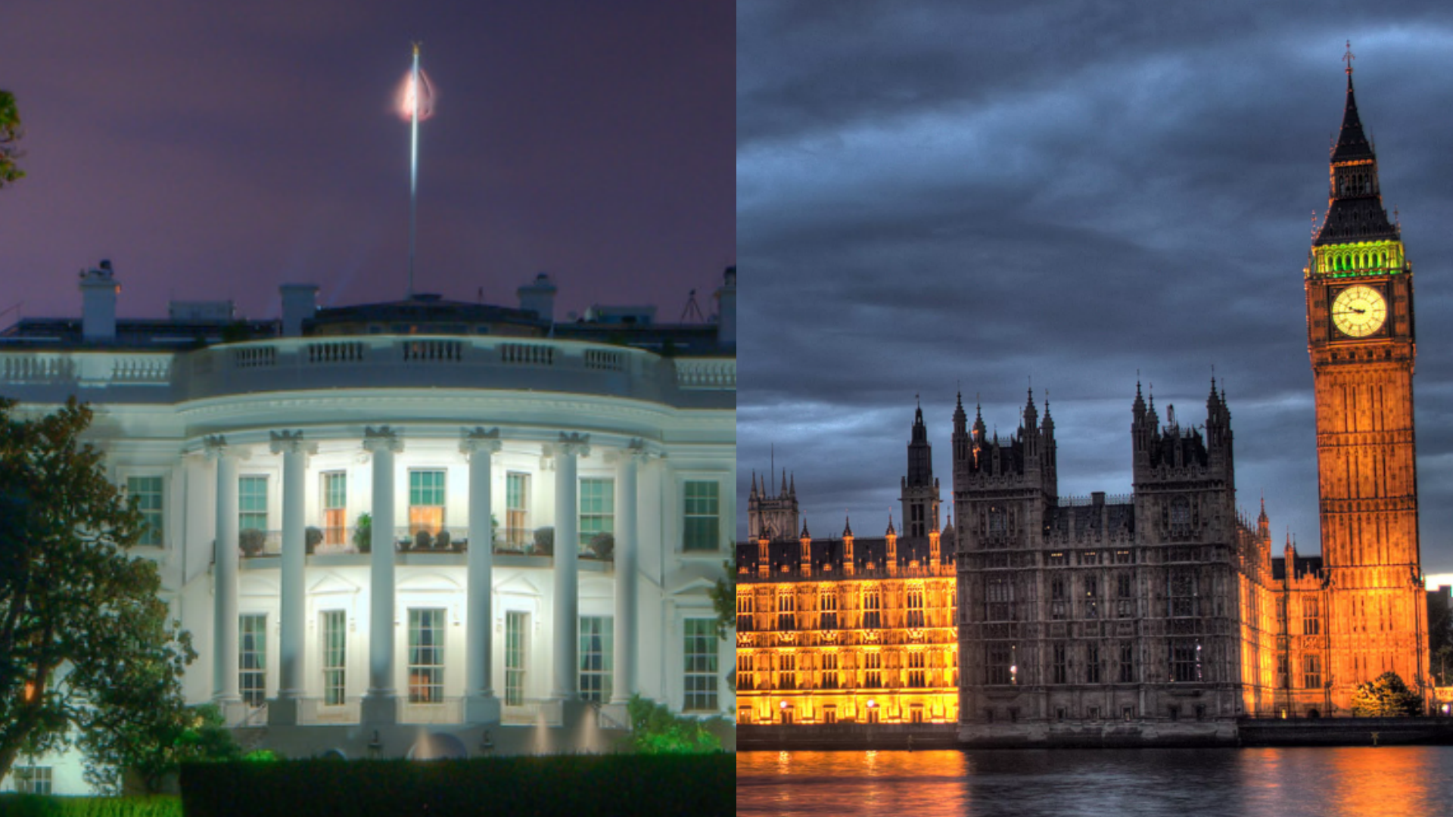
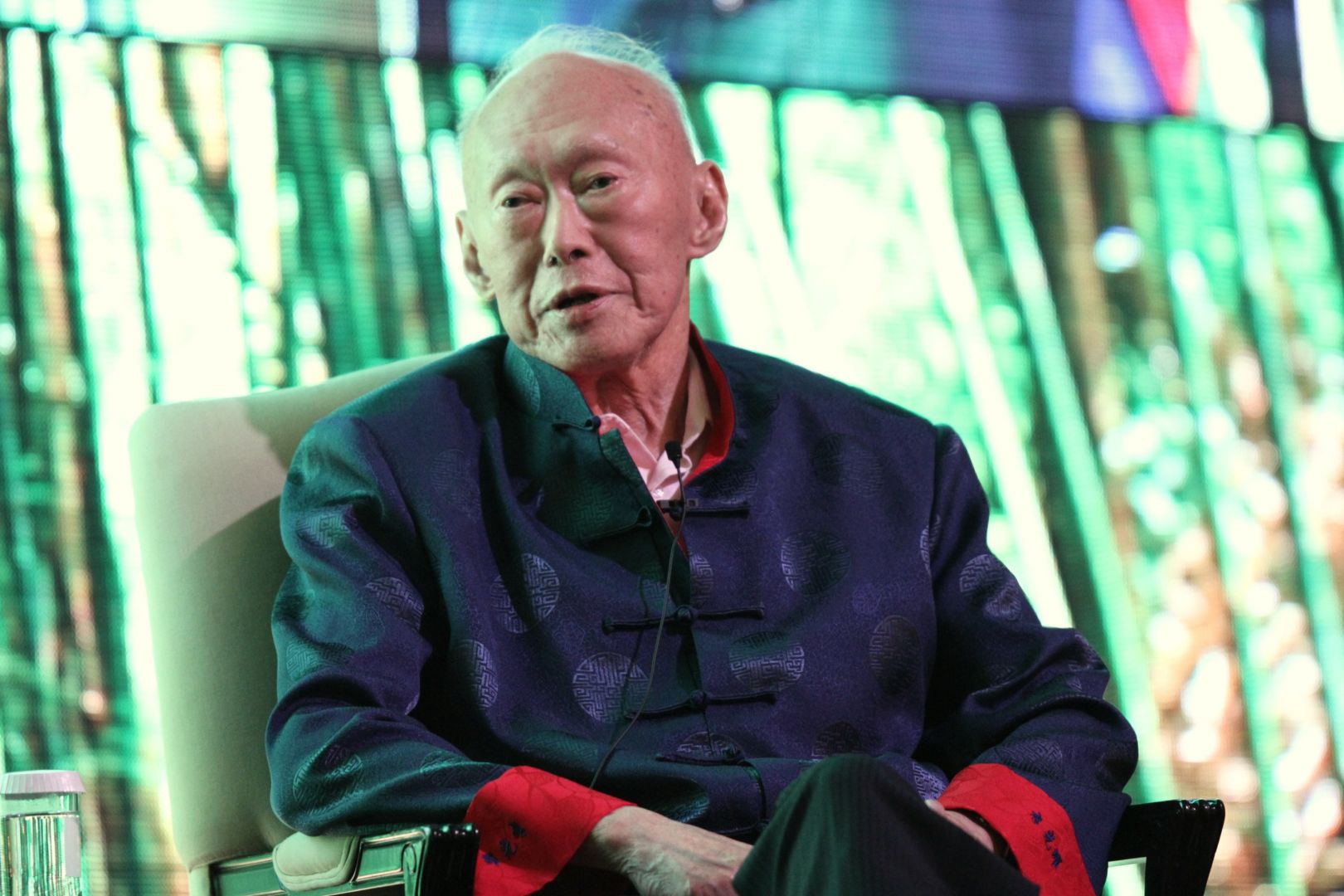
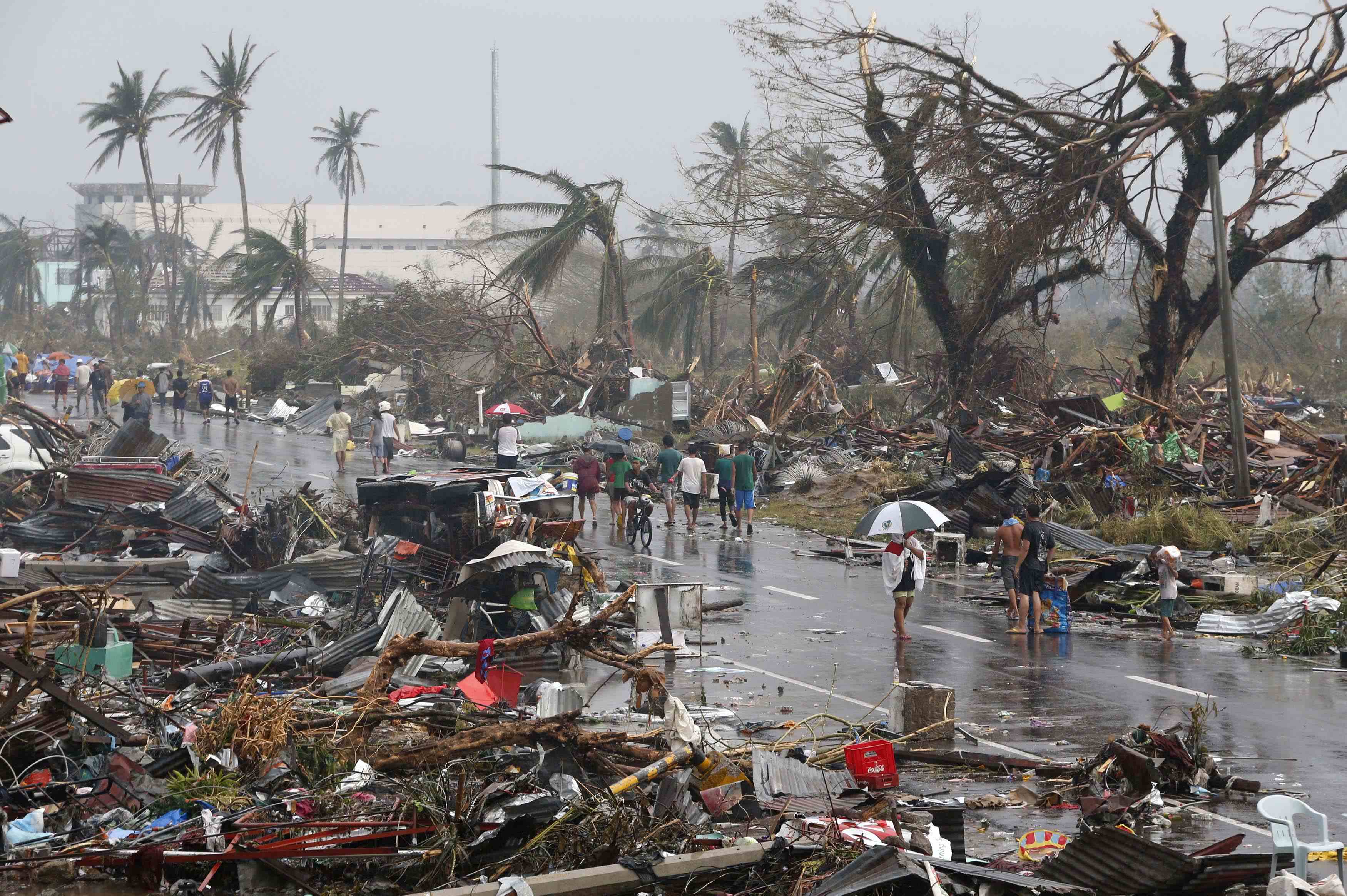
 I believe: This is a CoRRECT™ Video with a very positive message
I believe: This is a CoRRECT™ Video with a very positive message Walang Natira: Gloc-9's MTV Rap about the OFW Phenomenon
Walang Natira: Gloc-9's MTV Rap about the OFW Phenomenon